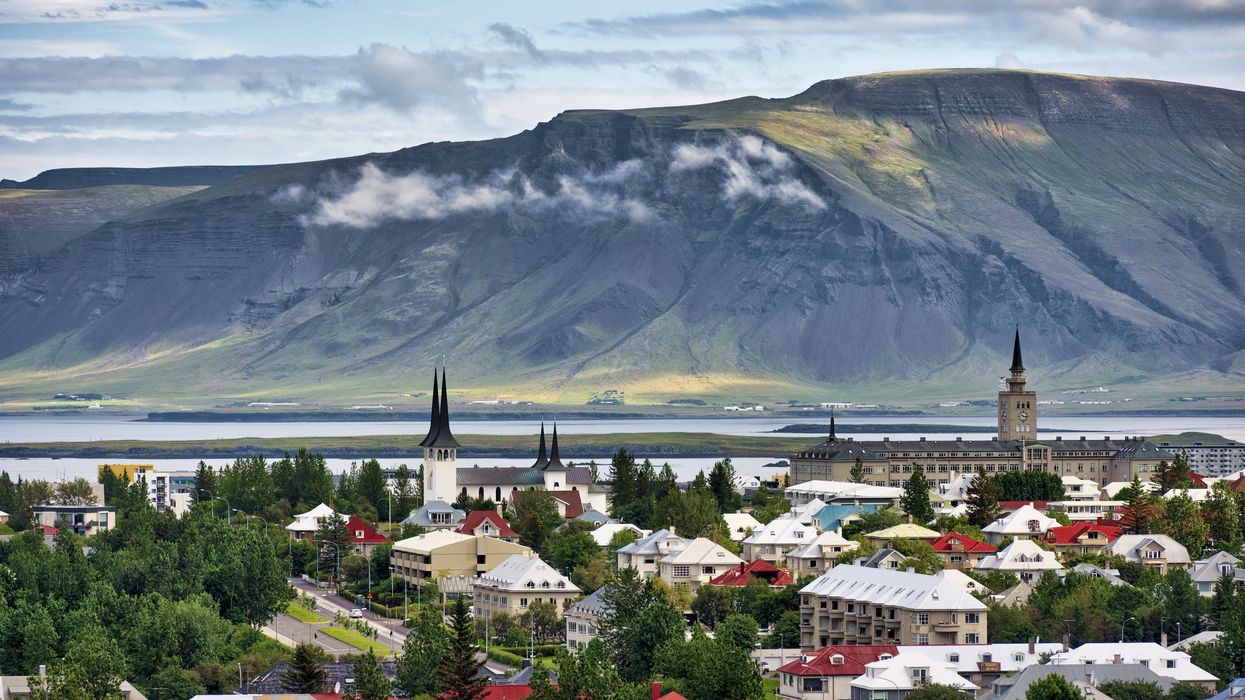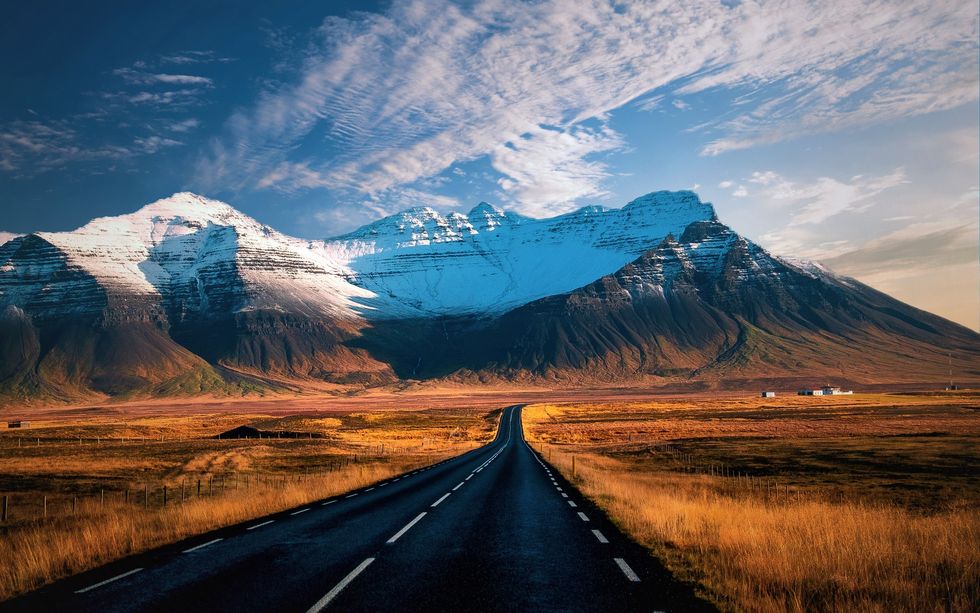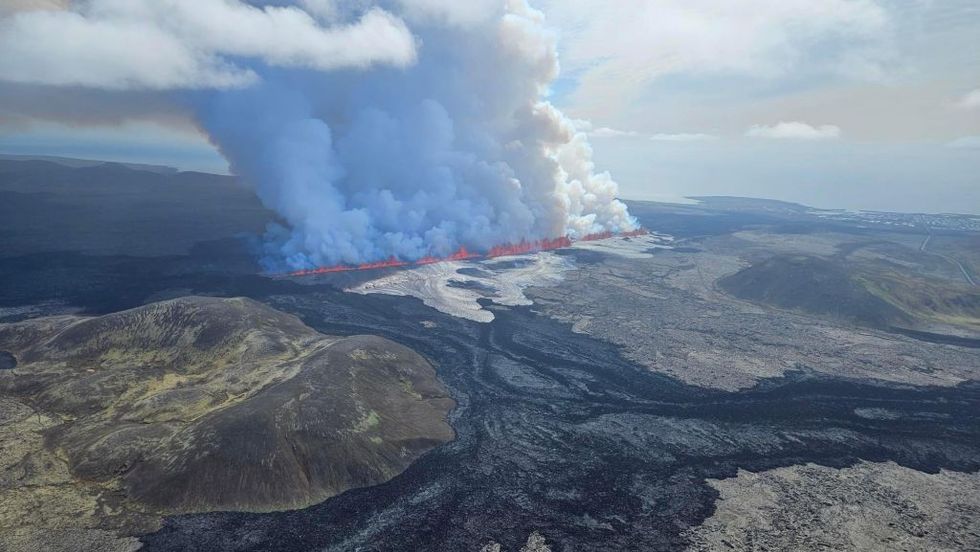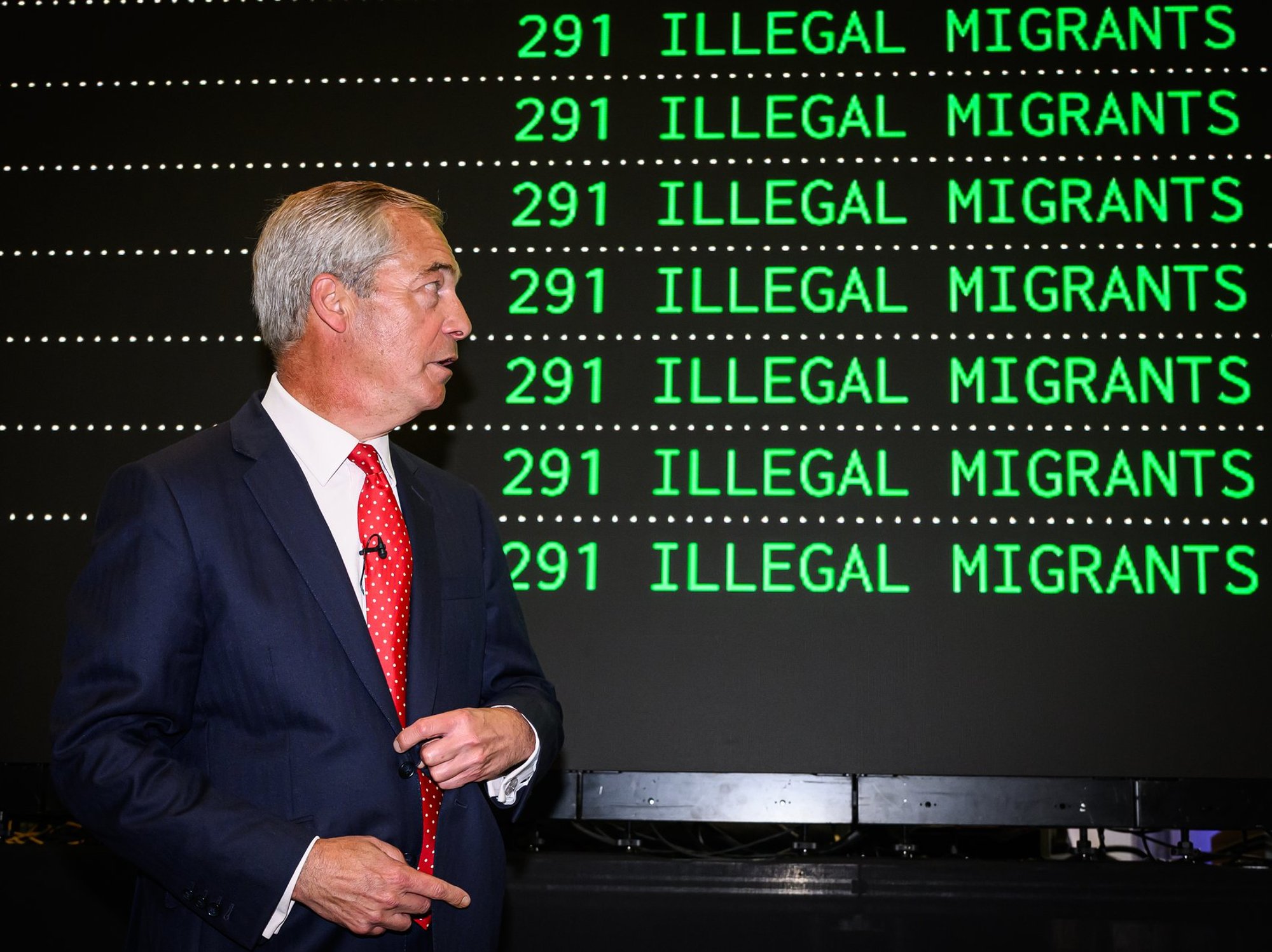British holidaymakers given fresh Iceland travel warning that is essential for drivers

Britons have been given a fresh Iceland travel warning | GETTY IMAGES

Britons were told: "Driving in Iceland can be very different to the UK"
Don't Miss
Most Read
Britons have been given new guidance on visiting Iceland, with the UK Goverment providing updated information on driving conditions and the monitoring of volcanic activity.
The Foreign, Commonwealth and Development Office (FCDO) gave an essential warning for holidaymakers who plan on driving.
The FCDO said: "Driving in Iceland can be very different to the UK. Speed limits are low and the distances between towns are far greater.
"Some main routes can be gravel or dirt tracks. Roads can be narrower than you might be familiar with. Some routes, including bridges, are only a single lane with passing areas. On gravel and loose surfaces, reduce your speed."

'Driving in Iceland can be very different to the UK'
|GETTY IMAGES
Britons were advised to "check road and weather advice from the Icelandic Road Administration". This also has information on off-road driving, which is strictly controlled.
The FCDO continued: "Many highland tracks are only open for a short part of the summer. In the highlands, you should use a four-wheel drive vehicle.
"Drive slowly (five to 10 kilometres per hour) when you cross rivers. River levels can change quickly, even within the same day.
"The weather can change quickly and can cause damage to rental cars that are not covered by insurance. Strong winds are common and can throw sand or ash up, damaging paintwork. British tourists have had to pay large amounts of money to repair damage to hire cars caused by sand and ash.
"Breakdown recovery costs, especially in remote areas, can be high."
The FCDO also provided Britons with essential information about the monitoring of volcanic activity.
Holidaymakers were warned: "Volcanic eruptions and earthquakes are common in Iceland. Recently there has been a series of volcanic eruptions on the Reykjanes peninsula in south-west Iceland, the latest on May 29.
"These have affected the town of Grindavik and the area to the north of it. Icelandic authorities advise that you stay away from this area. All roads to Grindavik and the surrounding area are closed.
"The likelihood of further eruptions in this location remains high. Check local media for updates and follow the Iceland authorities’ advice on travel to the area.
"Volcanic activity is closely monitored for any signs of unrest in Iceland’s 32 active systems.
"Infrastructure is robustly designed, but not all events can be anticipated and can pose risks to your travel plans such as travel delays and cancellations, poisonous volcanic gases, rock falls and landslides and sudden and large flooding."
LATEST DEVELOPMENTS

'There has been a series of volcanic eruptions on the Reykjanes peninsula in south-west Iceland, the latest on May 29'
|GETTY IMAGES
Tourists were advised to regularly check for alerts and advice from the Icelandic tourist board, Icelandic Met Office, Safe Travel Iceland and Almannavarnir Facebook page.
For further information on volcanic eruptions and earthquakes in Iceland, holidaymakers can contact the Icelandic Department of Civil Protection and Emergency Management – including health and safety advice - Icelandic Road and Coastal Administration, Institute of Earth Sciences, London Volcanic Ash Advisory Centre and the Icelandic National Broadcasting Service.
Iceland isn't the only holiday hotspot which British holidaymakers have been issued a warning about. Britons were given a fresh US travel warning for the rest of 2024.










